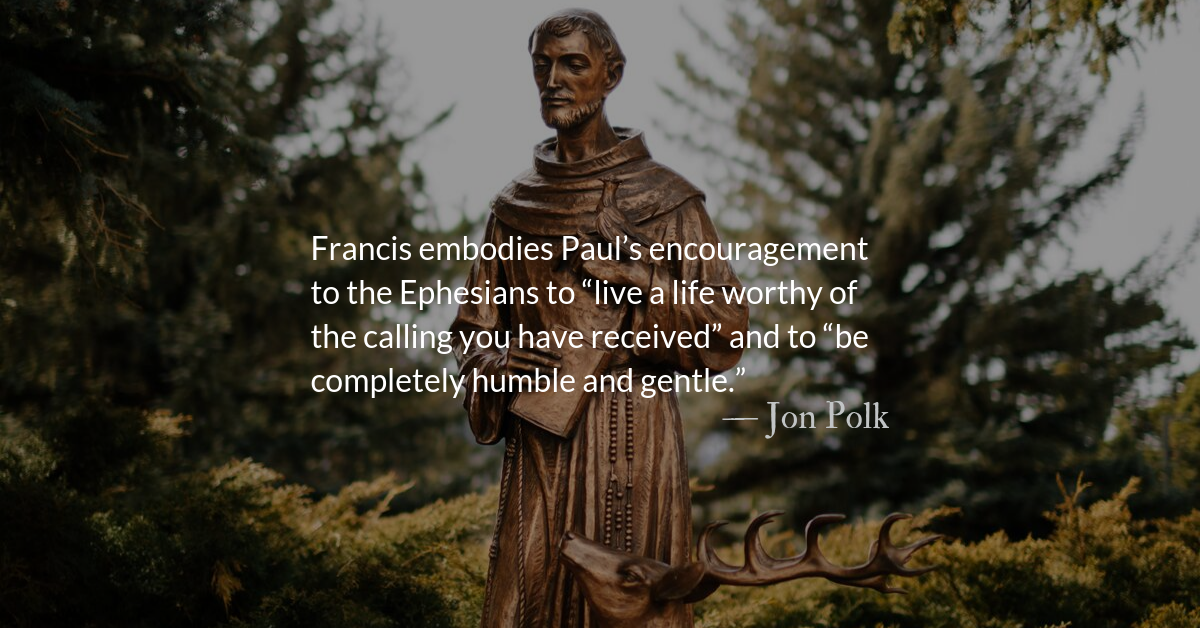Scripture Focus: 1 Kings 9.6-7
6 “But if you or your descendants turn away from me and do not observe the commands and decrees I have given you and go off to serve other gods and worship them, 7 then I will cut off Israel from the land I have given them and will reject this temple I have consecrated for my Name. Israel will then become a byword and an object of ridicule among all peoples.
Reflection: Gods of Ruin and Ridicule
By Erin Newton
I don’t think humanity was made to live in perpetual uncertainty. The looming threat of another worldwide crisis hinders decision-making. Fearful, we let impulse govern our lives. But these impulses lead us into pain. When threats feel imminent, determining our choices beforehand can save us from unintended disaster.
After Solomon succeeded in building a temple, God encouraged the people to decide ahead of time to stay committed to him. The Temple was now filled with the constant presence of God and he promised to hear their prayers. Peace, prosperity, and joy were all benefits from the covenant relationship. Israel’s future was bright just as long as they continued in obedience and devoted worship to God alone.
I always wondered how the Israelites could abandon God so easily and fall into idolatry. However, it is evident that Israel was not operating in a vacuum. Israel was actively involved with other people: trade, marriage, travel, etc. In the ancient world, proper religious practices were thought to ensure good harvests and fruitful wombs. In the face of adversity, trials, or suffering, seeking the favor of a god was the natural impulse.
Israel’s greatest temptation was deciding to whom they would pray. If the people around them were prospering, would they look to Baal? If their wombs were empty, would they burn incense to the image of Asherah? Foreign religious practices gave people a sense of control over life, a way to manipulate a god into action.
Our greatest temptation today is to worship the false gods of power, wealth, pleasure, and narcissism. If our friends appear happier than ourselves, do we embrace the impulses of instant pleasure? If others act in ways that we dislike, do we trade mercy for power and subdue the world around us? When our impulses take control, we attempt to bend circumstances to our will.
Like the word given to the Israelites, Jesus said, “If you do not remain in me, you are like a branch that is thrown away and withers; such branches are picked up, thrown into the fire and burned. If you remain in me and my words remain in you, ask whatever you wish, and it will be done for you.” (John 15.6-7) We must decide every day whom we will serve. The gods of this world bring ruin and ridicule. However, if we abide in Christ, we enjoy the benefit of God’s presence.
Divine Hours Prayer: The Greeting
I will confess you among the peoples, O Lord; I will sing praises to you among the nation.
For your loving-kindness is greater than the heavens, and your faithfulness reaches to the clouds. — Psalm 108.3-4
– From The Divine Hours: Prayers for Summertime by Phyllis Tickle.
Today’s Readings
1 Kings 9 (Listen 4:16)
Psalms 28-29 (Listen 2:41)
This Weekend’s Readings
1 Kings 10 (Listen 4:27), Psalms 30 (Listen 1:32)
1 Kings 11 (Listen 7:05), Psalms 31 (Listen 3:11)
Monday’s Readings
1 Kings 12 (Listen 5:15), Psalms 32 (Listen 1:34)
Read more about Captivity, Exile, and Exodus
They rejected God and set up their own gods and a government filled with oppression and mistreatment of the poor and outcasts.
Read more about The Sojourn of Sanctification
Those indoctrinated in the false gods of Egypt would teach all nations, showing them what the one, true God is like.








